There are a variety of reasons your car can sit in place for a while. COVID and stay in place regulations have taught us that. Of course, a pandemic isn’t the only reason your car might not move.
- Retirees may choose not to drive for weeks on end, especially if you live in a walkable community.
- Work from home professionals may also prefer living in walkable communities, using a vehicle only if they go away for a weekend.
- Business travelers are often jetting away to faraway places.
- And if a spouse is deployed overseas for any length of time, their car may sit for months at a time.
Then, of course, there’s also a question of where you park the car. Is it sitting in the elements? Is it under a carport? Or in a garage?
No matter how frequently you operate your vehicle, no matter where you choose to park it, it still needs car maintenance from time to time.
Here’s why.
Where you park your car matters
If you leave a car parked on the street, it’s subjected to the elements. Bird droppings, fallen leaves, and UV light can all be a problem. It can also be subjected to wind storms, damage from ice and snow, and dents from hail. There may also be safety issues, with more break-in potential, or the risk of being hit from passing cars.
Placing your vehicle in a garage can help protect and support its performance. Being in a closed environment helps a variety of systems and components on the car.
 Brakes – Especially here in Colorado, cold weather can take its toll on the braking system. It can accelerate rusting on your brakes, especially if you’re on a busier street that routinely is prepped for ice and snow. Exposure to moisture and things like salt and mag-chloride can make its way to the brake rotors, causing corrosion, or wearing out the brake pads sooner.
Brakes – Especially here in Colorado, cold weather can take its toll on the braking system. It can accelerate rusting on your brakes, especially if you’re on a busier street that routinely is prepped for ice and snow. Exposure to moisture and things like salt and mag-chloride can make its way to the brake rotors, causing corrosion, or wearing out the brake pads sooner.
Tires – The hot summer sun is just one of the things that can contribute to wearing down your tires. The heat can dry out the rubber on the tires, and cause wall cracks. It can play with the internal air pressure, flattening the tire over time. And as that happens, it twists your tire out of shape, causing flat spots in the rubber.
Battery – The only way to keep your car’s battery operating correctly is to charge it up from time to time. But it takes more than turning it on; it needs to move and drive, even if it’s just a short ten minute ride. Excessive heat, as well as winter cold spurts, can all impact the battery fluid, and shorten the life of the battery. It may start, but will it stay running? And once a battery is damaged, it will stop running altogether.
Being in a protected garage can help reduce all of these and more. Being in a protected environment not only helps with the inside, but the outside as well. The paint won’t wear due to sunlight and other elements, and the vehicle will be at less risk for both safety and security reasons.
But it’s not just a garage that can help. Even covered parking can reduce exposure to elements that can cause cosmetic damage.
Weather and other elements are never good for a vehicle’s paint job. Exposure to sun, wind, and ice can cause the paint to oxidize, which causes the paint to fade and peel. Plus, chemicals in bird droppings, fallen leaves, and sap from trees can hurt the paint too.
Paint isn’t just to make your car look good. It also protects the interior and other parts of the car. If rust and corrosion set in, it can move to other areas of your car.
If you leave your vehicle on the street, in the driveway, or on the side of your property, the elements can impact the inside of your car as well. Sunlight can wear down the dashboard and upholstery, while excessive heat can cause cracks and fading.
Of course, there’s no surefire way to keep your car safe or prevent theft. But keeping your car behind closed doors, off the street, or covered will always create a safer environment than leaving your vehicle on the street. If you won’t be moving your car for a while, cover it as much as you can.
Car maintenance for long term parked cars
No matter where you park your car, it’s important to remember that cars aren’t designed to sit still. That’s the fastest way to expedite problems.
No matter how often you plan on operating your vehicle, there are certain things you should do periodically to keep it running well.
One a week:
Start the car and let the engine idle for a few minutes. Before you turn it back off, drive it for an additional few minutes, to get all of the systems in the car operating again. This allows fluids to flow, mechanics to run, and systems to operate. It ensures the components move and aren’t stuck in the same position. You should also pay attention to the gas level, as a full tank keeps the air out, preventing rust and corrosion from settling in.
Once a month:
Continue to drive the vehicle periodically for short distances. This ensures the engine heats up and all systems move positions. Check the oil levels. It shouldn’t change, but it will need changing periodically even without hitting 3,000 miles, depending on how long it will sit. Check tire pressure to ensure it’s at proper levels. This prevents tires from bulging, or from gaining small cracks. You should also check the windshield wipers, ensure they operate, and fill the washer fluid tank. This keeps the wipers in good shape, and prevents them from drying out.
Schedule car maintenance visits:
We often see cars that don’t have much mileage come in for large repairs. It’s important to note that no matter how often you drive your car, you should still have your vehicle checked out by a professional from time to time.
It isn’t only driving and adding mileage that wears down the parts on your vehicle. Age can also have an impact on how well your car operates.

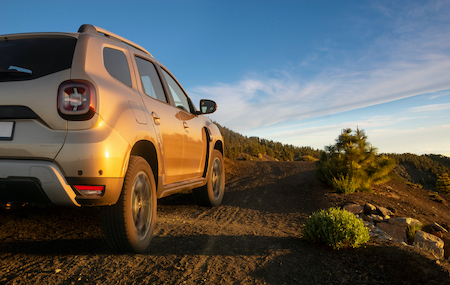 Car trouble is bad anytime it happens. But when your car doesn’t start in the office parking lot, it’s a minor inconvenience. If your car dies on the open road, it can be downright dangerous.
Car trouble is bad anytime it happens. But when your car doesn’t start in the office parking lot, it’s a minor inconvenience. If your car dies on the open road, it can be downright dangerous.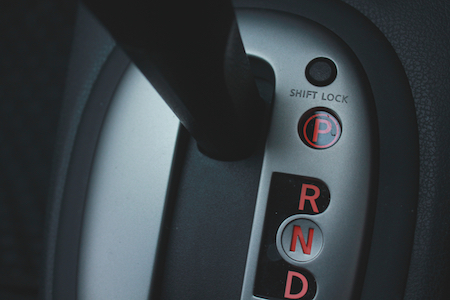 Before the coronavirus, a low mileage driver was someone who put less than 600 miles on their car each month. They might do so for a variety of reasons, including:
Before the coronavirus, a low mileage driver was someone who put less than 600 miles on their car each month. They might do so for a variety of reasons, including: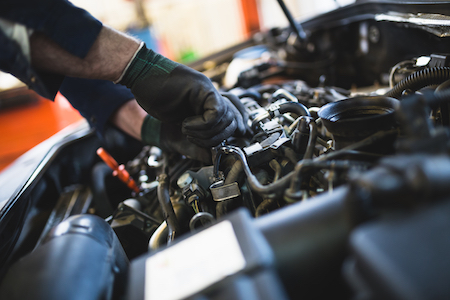
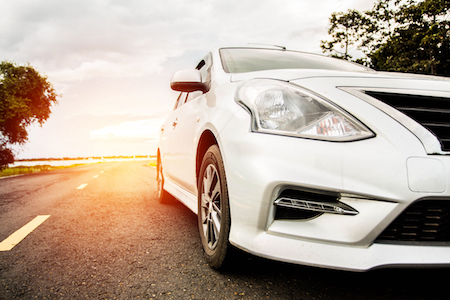 A car sitting in a garage, barely used, sounds like the perfect way to preserve a vehicle. If it doesn’t hit the streets regularly, nothing wears out … right?
A car sitting in a garage, barely used, sounds like the perfect way to preserve a vehicle. If it doesn’t hit the streets regularly, nothing wears out … right?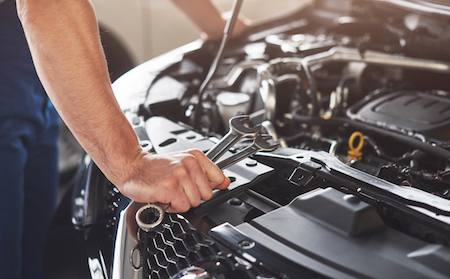

 Unfortunately, criminals are getting more sophisticated in the way they prey on those that may be disadvantaged in some way. If a 75 year old woman always relied on her husband for maintaining the cars, her new “job” may be completely overwhelming, and she quickly trusts anyone who provides a smile and a simple “I understand”. Which of course may not be in her best interests.
Unfortunately, criminals are getting more sophisticated in the way they prey on those that may be disadvantaged in some way. If a 75 year old woman always relied on her husband for maintaining the cars, her new “job” may be completely overwhelming, and she quickly trusts anyone who provides a smile and a simple “I understand”. Which of course may not be in her best interests.